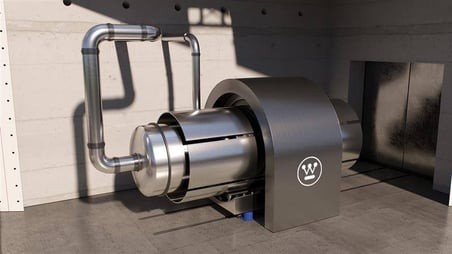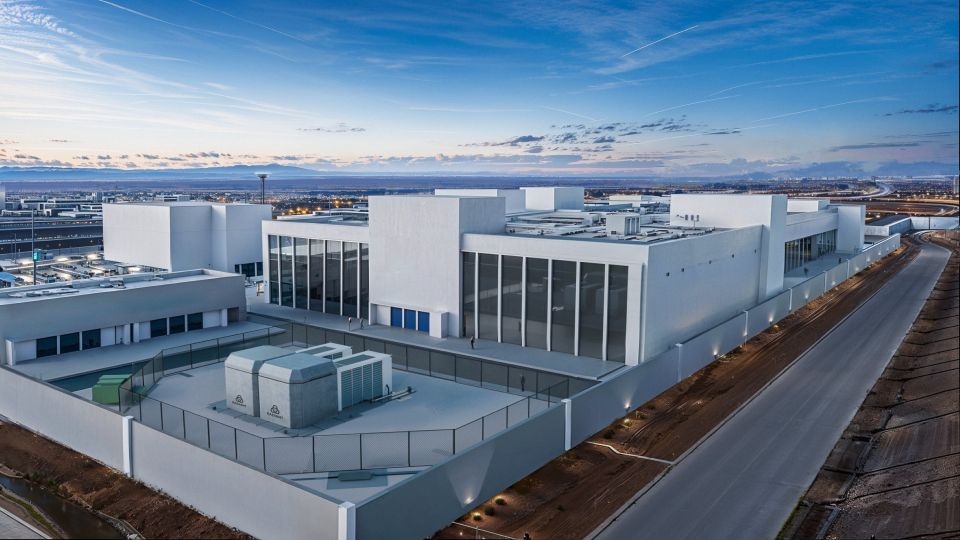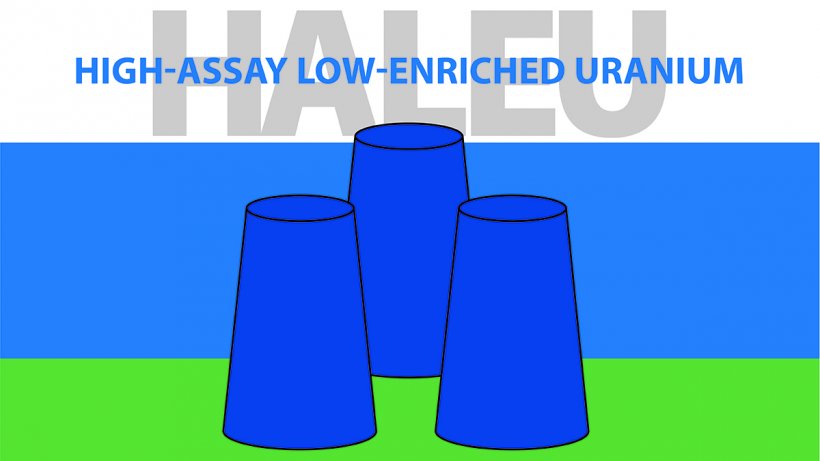A closer look: The government is looking for amended bids for the anticipated power plants. They previously accepted three bids—from Westinghouse, France’s Électricité de France, and Korea Hydro & Nuclear Power—for a single new reactor at the Dukovany nuclear power station that is expected to be operational by 2036.
Now, Czech officials want to build four reactors in quick succession, which should save up to 25 percent per reactor overall. The government is seeking new bids from both EDF and KHNP but said Westinghouse’s bid did not meet the qualifications of the project.
“Based on [the bids], we will then select a supplier and decide whether we will have more reactors built or not, said Czech prime minister Petr Fiala at a news conference.
Current nuclear: Six nuclear reactors in the Czech Republic currently generate more than one-third of the country’s electricity. In addition to four at the Dukovany site, the state-controlled power company ČEZ operates two 1,000-megawatt reactors at the Temelin plant.
Speaking at the Triple Nuclear Energy Conference last year, Fiala noted that the country aims to have 50 percent of its electricity produced from nuclear plants by 2050 with the goal to fully phase out coal energy production by 2033 to reduce carbon emissions.
A look around: Nearby, Austria and Germany are moving away from nuclear, but other European countries are doubling down on the zero-emission power source.
In Central Europe, Slovakia and Hungary aim to expand their nuclear power production. Not far away, France is considering eight new reactors in addition to plans for six that are already underway. Another neighbor, Poland, has selected Westinghouse to build its first nuclear power plant.








